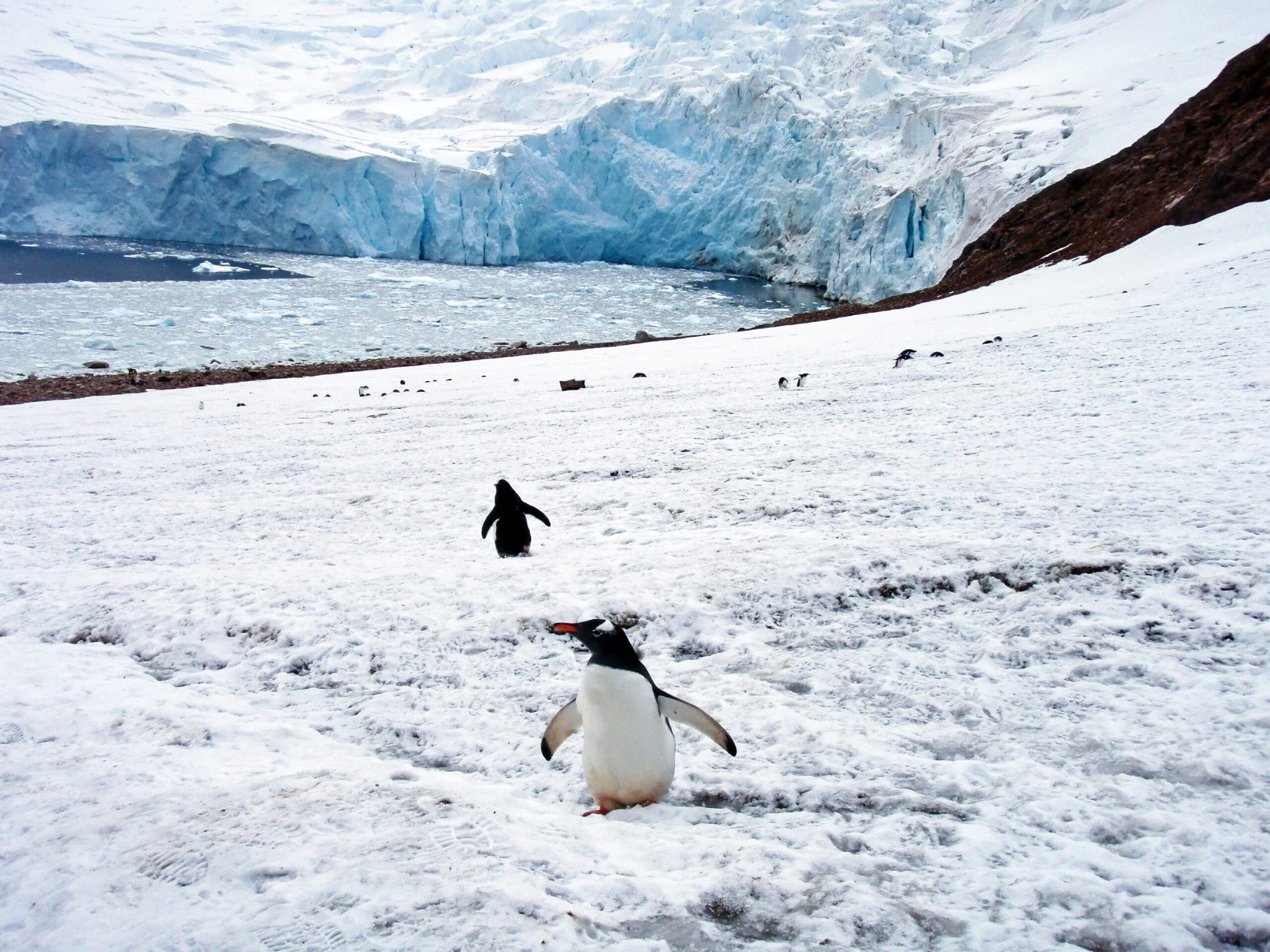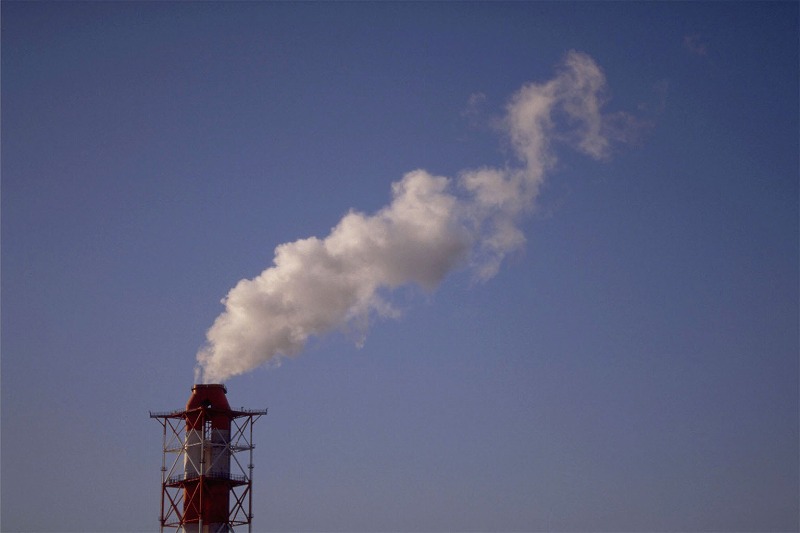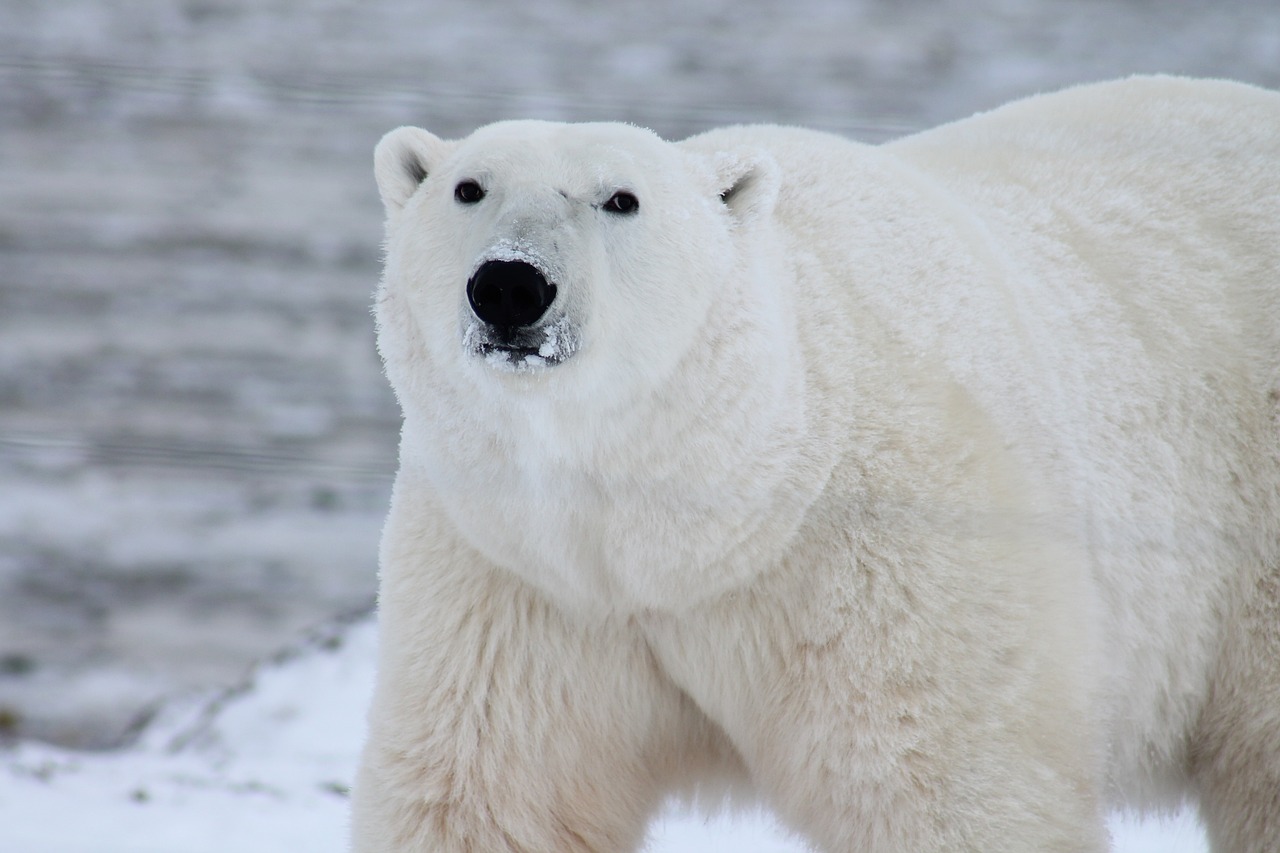What is climate change? What should we know, and what measures should we take?

Heat waves. Droughts. Wildfires. Heavy rains and floods.
Disasters caused by climate change are occurring frequently all around the world today.
The climate is changing, caused by the warming of the earth.
The global surface temperature continues to rise, and if the current trend continues, it will put our ecosystems and societies in significant danger. The rapid warming of the earth since the latter half of the 20th century is caused by the emission of greenhouse gases from human activities.
If humans are the cause, us humans are also the ones who can stop it.
For the sake of all life on this planet and our future, we must act immediately to stop climate change.
What is climate change?
In recent years, disasters caused by climate change, such as heat waves, droughts, wildfires, and floods, have become more common and more severe around the world. Climate change refers to major changes in the global climate due to global warming, and refers to a situation in which the average temperature of the earth's surface is rising due to human activities rather than natural fluctuations. Climate change is the phenomenon in which the change and the various effects occur as a result of global warming.
The temperature of the earth varies considerably from the tropics to the icy polar regions, but on average it is approximately 15 °C, which makes the earth a comfortable environment for a wide variety of life. Gases contained in the atmosphere such as water vapor, carbon dioxide (CO2) and methane, known as "greenhouse gases", play a major role in maintaining this environment. Energy from the sun reaches the earth's surface and warms the oceans and land, and the earth's surface then radiates infrared rays into the atmosphere. Greenhouse gases absorb some of these infrared rays and radiate them back to the earth's surface, warming the earth's surface - this is known as the "greenhouse effect." Without this greenhouse effect, the average temperature of the earth would be as low as -19 °C, and it is believed that the environment would not be suitable for plants and animals like it is today.
However, as greenhouse gases continue to increase in the atmosphere, the amount of heat absorbed also increases, further warming the earth's surface and causing "global warming." Global warming causes sea levels to rise and also an increase in extreme weather events, which has a major impact on ecosystems. Additionally, climate change causes damage to food security, water, health, the economy, and other areas, potentially irreversibly damaging the global environment.

Advancing global warming
Global warming results in increasing global temperatures, which causes sea levels to rise and various extreme weather events (heavy rains, droughts, heat waves, etc.). This greatly impacts the natural environment and our own lives. According to the Sixth Assessment Report of the IPCC (Intergovernmental Panel on Climate Change) released in 2021, the global average temperature increased by approximately 1.1°C from 2001 to 2020 compared to 1850 to 1900.
The same report also predicts that under the highest scenario of temperature rise, the temperature could rise by approximately 4.4 °C (maximum 5.7 °C) compared to current levels by the end of the 21st century.
CO2 accounts for the largest proportion of human-caused greenhouse gases. Since industries significantly grew and developed from the latter half of the 18th century, the concentration of CO2 in the atmosphere has continued to rise due to the massive use of fossil fuels such as coal and oil. The concentration of CO2 in the atmosphere, which was around 280 ppm before the Industrial Revolution, exceeded 410 ppm in 2019. Furthermore, since the establishment of the IPCC, the scientific confidence that global warming is caused by greenhouse gases emitted by human activities has steadily increased, and the Sixth Assessment Report finally concluded that there is no room for doubt.

Immediate action is required
At the United Nations Framework Convention on Climate Change (UNFCCC) climate negotiation conference, the world has set a goal to limit the increase in the global average temperature to 1.5 °C compared to pre-Industrial Revolution levels, in order to keep the global temperature to a level that allows human society to adapt to the negative effects of climate change. To achieve this goal, it is predicted that the atmospheric CO2 concentration must be stabilized to at least below 430 ppm. This means that global emissions must be reduced by 45% by 2030 (compared to 2010 levels) and reach net zero by 2050. Developed countries will need to make larger cuts sooner.
However, the United Nations Environment Program (UNEP) estimates that even if all the reduction targets of each country set as of September 2022 are achieved, the reductions required to keep the temperature below 1.5℃ will fall short by 23 billion tons of CO2, resulting in a 2.4-2.6℃ temperature rise. Global emissions have not begun to decline as of 2021. We must act now to prevent the effects of climate change.

Fossil fuels and climate change
In order to address global warming, we cannot continue using fossil fuels and consuming large amounts of energy. In Japan, emissions temporarily decreased since 2008 due to the effects of the global recession, but whenever the economy starts to improve, emissions tend to increase again. Additionally, in 2011, after the TEPCO Fukushima Daiichi Nuclear Power Plant accident, most nuclear power plants were shut down and the proportion of thermal power generation increased, resulting in a worsening of the CO2 emission factor of electricity. Regarding thermal power generation, which emits significant amounts of greenhouse gases, we need to phase out coal-fired power generation by 2030 and aim to decarbonize the power sector by 2035. However, as of 2023, more than 170 coal-fired power plants continue to operate in Japan, and so it is hard to say that progress is being made in phasing out thermal power generation in order to mitigate climate change. Measures must be taken to systematically phase out thermal power generation while actively promoting a just transition to renewable energy that provides jobs and economic security to workers and communities dependent on the fossil fuel industry.
Can nuclear power be one of the measures used to combat climate change?
Until now, nuclear power generation has been considered a "pillar of global warming countermeasures" in national policy. However, no results have been seen, and domestic greenhouse gas emissions have continued to increase since 1990. Dependence on nuclear power has hindered the improvement of energy efficiency and the deployment of renewable energy. Furthermore, considering the cost of power generation (including radioactive waste and disposal costs after an accident) nuclear power is expensive, making it the least suitable power source in an era of cheap renewable energy as the main source of power. In order to achieve a sustainable society, we need to shift to a decarbonized society and economy while moving away from nuclear power.
Achieving a prosperous society through renewable energy and energy efficiency
The most effective - and cheapest - measure to combat climate change is to promote renewable energy, especially solar power generation and wind power generation. In addition, energy-saving measures that reduce energy consumption, such as increasing the efficiency of equipment and insulating buildings, are highly effective and have been recognized to have a variety of benefits, including health benefits, cost savings, and disaster preparedness. There is substantial room to promote renewable energy and energy efficiency in Japan, and the potential remains high. By doing this, we do not have to import fossil fuels, and we are not affected by conditions overseas, leading to greater energy security. Moreover, by improving our energy self-sufficiency, costs that would have previously gone overseas can now be spent domestically. Let's move away from thermal power generation and nuclear power as soon as possible, and promote renewable energy and energy efficiency, which address climate change, coexist with nature, and enrich local communities.



